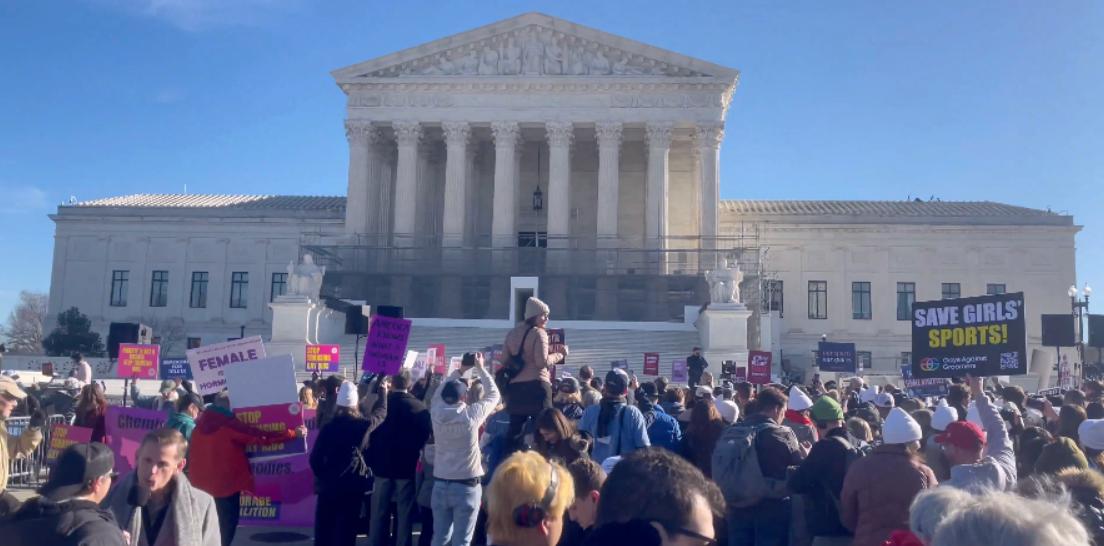Last month, the U.S. Department of Energy released final “energy efficiency” requirements for residential washers and dryers that it claims will save consumers $39 billion in the next 30 years and reduce 71 metro tons of “harmful carbon emissions” over the same period, opined Energy Secretary, Jennifer Granholm. More fantastical than these numbers is her assertion that American households will reap $1 trillion (!) from forcing Americans to scrap all the household appliances in the administration’s crosshairs.
This is the same Secretary Granholm who lied to Congress about holding stocks in companies over which she has federal jurisdiction, and failed to disclose such holdings – yet kept her job. But I digress.
Last year, the Energy Department claimed its proposed energy standards for refrigerators, freezers and commercial fans and blowers would reduce carbon emissions by 318 metric tons over the next 30 years. I would love to see that computer hodgepodge.
The government that can never accurately project the federal budget deficit six months hence somehow should be taken at face value about predicting lower carbon emissions in three decades? Go figure.
The washer and dryer standards become effective in 2028 and the refrigerator and freezer standards begin in 2029 at which time they are virtually guaranteed to cost more. More likely, these mandated appliances will increase energy usage to ensure clean and dry clothes and dishes since they will have to operate longer, as CFACT and others have long argued.
The recent Department actions on washers, dryers, refrigerators and freezers follow similar proposals by the Biden administration to crack down on gas stoves and water heaters to fully electrify American homes and businesses. This, all in the name of fighting “dangerous carbon emissions” – you know, the same CO2 that makes the planet Earth livable for humans, animals and plants.
Even Time magazine, a chief mouthpiece for climate fanaticism, acknowledges that these mandated appliances on washers and dryers “can cost more up front,” yet still parrots the Department’s assurances that they will save—wait for it—a whopping $425 in electric and water bills over the life of the appliance (unless your home uses well water, which means “saving” even less).
But that modest amount is still dubious. The American Gas Association (AGA) and Association of Home Appliance Manufacturers (AHAM) pushed back on the government’s claims about consumer savings as only “cents per month,” in energy use while facing higher installation costs, not to mention the cost of acquisition.
The federal government currently offers income tax credits to lower the price of some energy efficient home appliances and equipment, similar to what it does for purchasing an electric vehicle. This is one acknowledgment of the high price of these big-ticket items while it spreads the cost to all taxpayers to subsidize their purchase.
The Energy Department’s latest rules on washers and dryers came about after litigation from several states that the administration lacked congressional authority to impose such standards after it first attempted to repeal in 2022 the more reasonable Trump administration efficiency regulations. AHAM then agreed, with a proverbial happy face, to the revised Biden efficiency standards, in conjunction with “consumer, climate and energy and water efficiency advocates” back in September.
In other words, the appliance industry caved to the heavy hand of the Biden administration to stave off more draconian, impractical mandates. Who can blame them?
The backdrop of this war on American appliances has zero to do with the sardonic claim of saving energy and water expenses, as it likely would do neither. Instead, the appliance mandates are another sacrament in the climate change religion.
Even if you stipulate that carbon emissions will drop by some outlandish guesswork of metric tons from using less energy, neither Jennifer Granholm nor anyone else riding the climate gravy train can scientifically assert global temperature will correspondingly decline three decades from now. But that won’t stop them from saying so.





